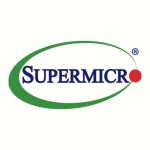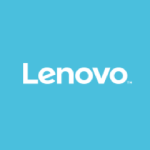Mostly VMs, for hosting virtual infrastructure. It represents 99 percent of our computing workforce.
The versatility of the solution is the most helpful to us.
The way the hardware is separated from the software definition of the components.
Better UI. Cisco makes a great product but doesn't know how to make a UI.
More than five years.
Very stable and very reliable.
It is a blade system so it's fairly scalable.
I've used technical support and it's above average.
We had a bad experience with IBM servers, which is why we decided to change solutions. Also, as a bank, the switch was a money-driven process. They offered us a very good deal to test the new solution and it became widely spread throughout the company.
Reliability, price, support, and scalability are important factors for us in selecting a vendor.
Coming from a server background, it wasn't straightforward at all. It is a process that is closer to requiring telecommunication knowledge than server knowledge. Once you overcome that little step at the beginning it's fine, but at the beginning it was a little difficult to understand.
My advice to a colleague looking at this or a similar solution would be to test it. When we started, Cisco UCS was the first solution on the market and the only one that provided certain capabilities hardware-wise. It was the one with the most cores per CPU and it was the one with the most memory per blade server. Of course, now there are other vendors in the market. If I were to start the search process right now, I would consider Cisco UCS, but also other vendors like Dell and HPE, which are making new blade servers. They are coming up with different solutions and are catching up to the market. Until there is something really new on the market, like UCS had when they started, UCS is facing some competition.
I would rate this solution an eight out of ten. Two points go to the UI, which is lacking. Also, the way you can actually switch from one system to another doesn't allow for the easy transfer of all of the server definitions.















